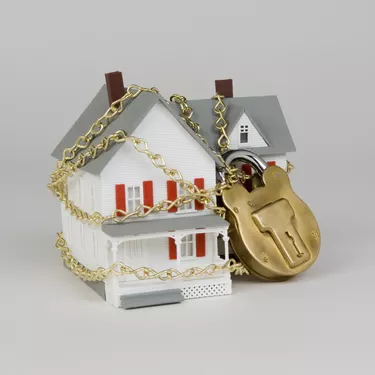
A final judgment is signed by a judge once the foreclosure case has gone through court proceedings. The final judgment allows the lender to legally sell the property in order to recoup some of the losses from nonpayment. In the final judgment, amounts owed on the property will be listed and you are required by law to receive a copy of the court document containing this information.
Process
Video of the Day
To begin foreclosure proceedings, a complaint is filed in the state where the property is located. A judge reviews the case and asks the borrower whether she contests the complaint. If the foreclosure is not contested and the loan against the property not satisfied, a final judgment can be handed down to determine how much the property should be sold for, based on the amount owed to the lender.
Video of the Day
Amounts
The final judgment amount in a foreclosure case is how much money is owed on the foreclosed property. This amount could include how much is left unpaid on the mortgage and any fees accrued during the foreclosure process. Fees may include unpaid interest and legal costs. Other lienholders could file suit and be listed in the final judgment. Amount owed may include unpaid utility bills and tax liens. The final judgment amount is typically what is listed at auction when a foreclosure is put up for sale.
Time Frame
After a final judgment has been given, a notice of foreclosure sale lets the public know about the upcoming auction on the property. A waiting period of typically more than 30 days is usually required before the property can be auctioned off. The final judgment may not reflect the true market value and sale at an auction could be difficult.
Considerations
The starting bid at auction is the amount given during the final judgment and typically 10 percent is required as a deposit. In the case that the property sells for more than the final judgement amount, any surplus can be claimed by the property owner. If the borrower wishes to reclaim the foreclosed property, typically he has up until the sale of the foreclosure to come up with the final judgement amount.